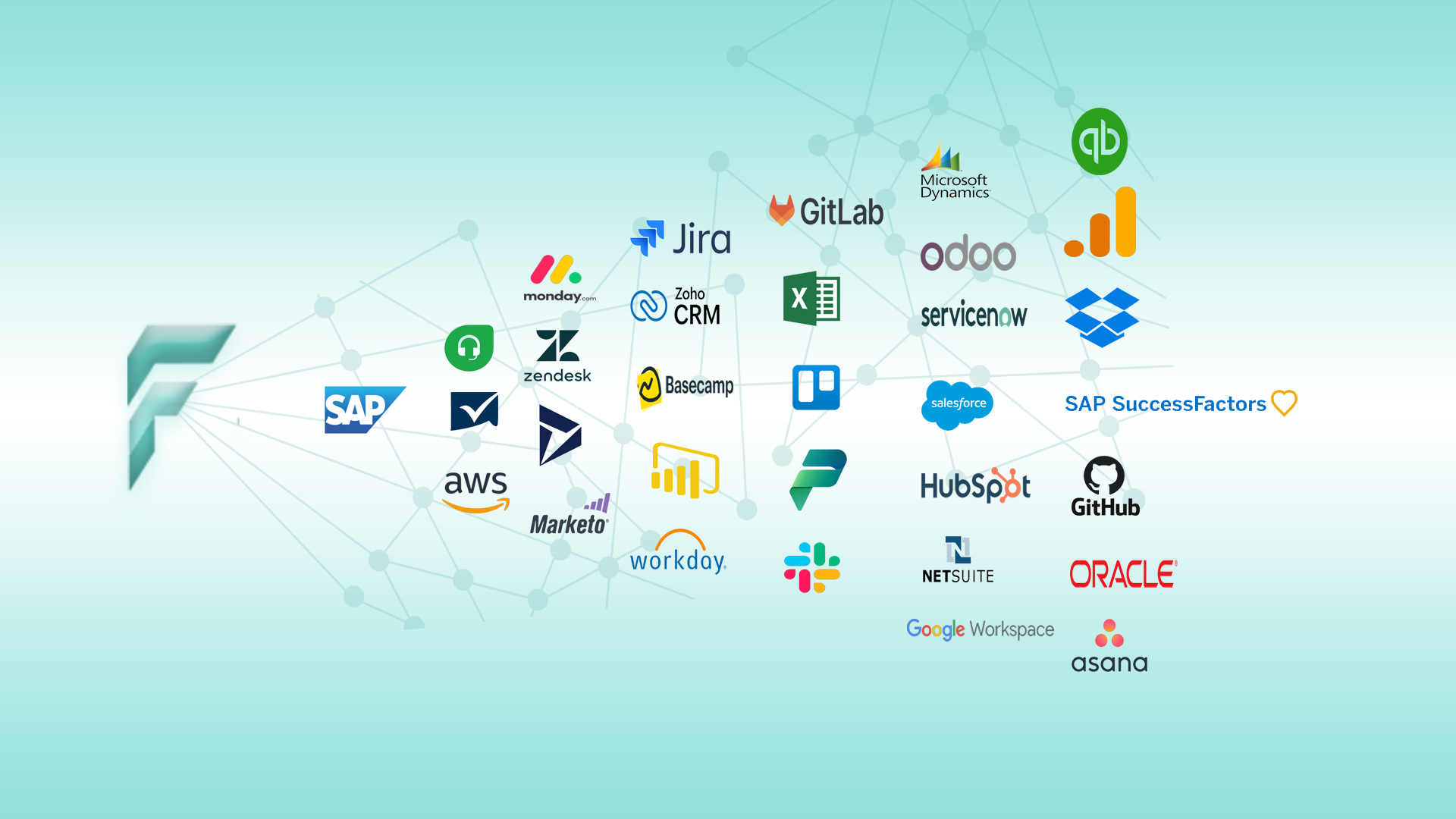SAP Cloud Platform
Discover everything about SAP Cloud Platform in our comprehensive guide. Learn about its features, benefits, and how SAP Cloud Platform supports businesses with seamless integration, scalability, and cloud solutions for enterprise needs.


